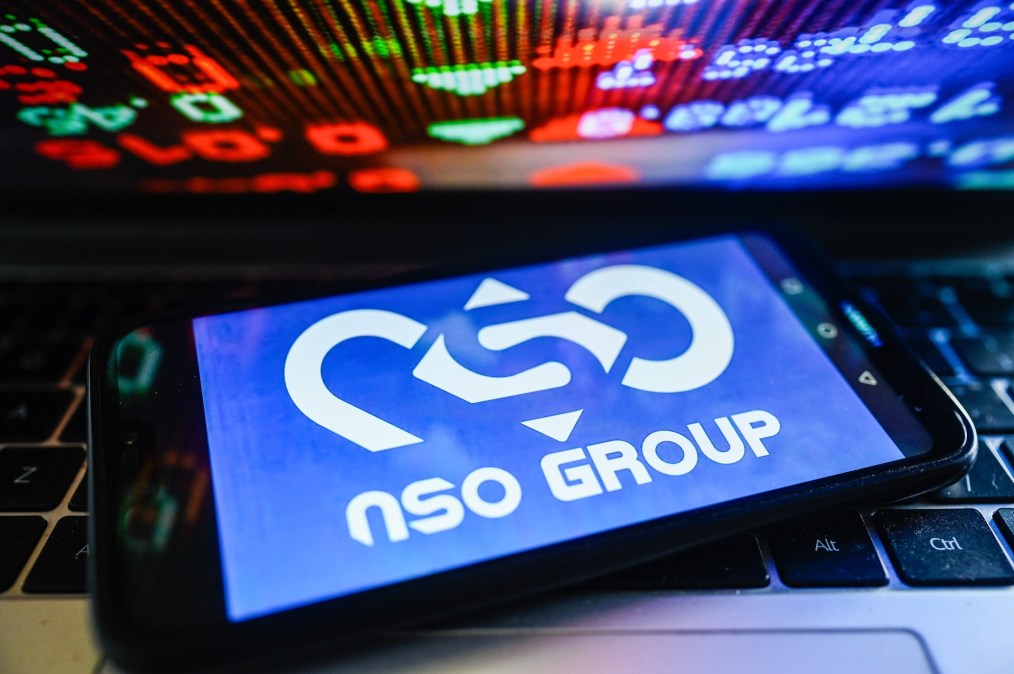NSO Group argues WhatsApp injunction threatens existence, future U.S. government work

NSO Group argued in a court filing this week that the court should pause the permanent injunction preventing it from targeting WhatsApp with its spyware while the company appeals the decision. According to the company, enforcing the injunction would cause irreparable harm to its business and prevent the U.S. government from using its products.
Those were just two of the arguments NSO Group employed in its motion to stay on Wednesday. The second argument coincides with the vendor’s recent decision to tap an ex-U.S. envoy to Israel from the first Trump administration as its executive chairman, and its confirmation of U.S. investors purchasing the company.
NSO Group repeated its claim that the Northern District Court of California’s decisions could effectively shut down the company, which makes Pegasus spyware. “NSO will suffer irreparable, potentially existential injuries if the injunction is not stayed,” it says.
But the company dived further into its reasoning. The injunction, it argues, requires the defendants to destroy code that accesses or uses the WhatsApp platform.
“The deletion and destruction of computer code and technologies cannot be undone or remedied by money damages — once these are gone, they are gone,” the NSO Group motion contends. “And the injunction prohibits NSO from engaging in entirely lawful conduct to develop, license, and sell products used in authorized government investigations — a prohibition that would devastate NSO’s business and could well force it out of business entirely.”
In the meantime, NSO Group’s competitors would have no such restrictions, the motion states. And, it says, the injunction “apparently bans NSO from selling or maintaining any technology to collect information from user devices if the target information comes from WhatsApp — even if the collection method never touches WhatsApp servers.” The effect would be to halt any NSO Group business during its appeal, the company argues.
NSO Group also maintains that the injunction goes against one of the pertinent laws in the case, the main federal anti-hacking statute: The Computer Fraud and Abuse Act.
The law “expressly excepts from the CFAA’s prohibitions ‘any lawfully authorized investigative, protective, or intelligence activity of a law enforcement agency of the United States . . . or of an intelligence agency of the United States,’” the motion states.
A stay is in the public interest because of Pegasus’ use in combating crime in terrorism, the company added.
“Because the Court refused to carve U.S. law-enforcement operations out of the permanent injunction, that injunction would prevent the FBI (or any other U.S. or state law enforcement or intelligence agency) from entering into another such license for any existing version of Pegasus,” the motion reads. “Regardless of whether the FBI or any other U.S. government agency has made direct, operational use of the system in the past, allowing the injunction to go into effect would thus deprive U.S. law enforcement of the ability to use the system in the future.“
The FBI once purchased a license for Pegasus and reportedly flirted with deeper involvement with NSO Group.
The second Trump administration earlier rebuffed an attempt by NSO Group to get the company removed from a Commerce Department trade blacklist. That decision came before the company’s recent U.S.-flavored moves, however.






